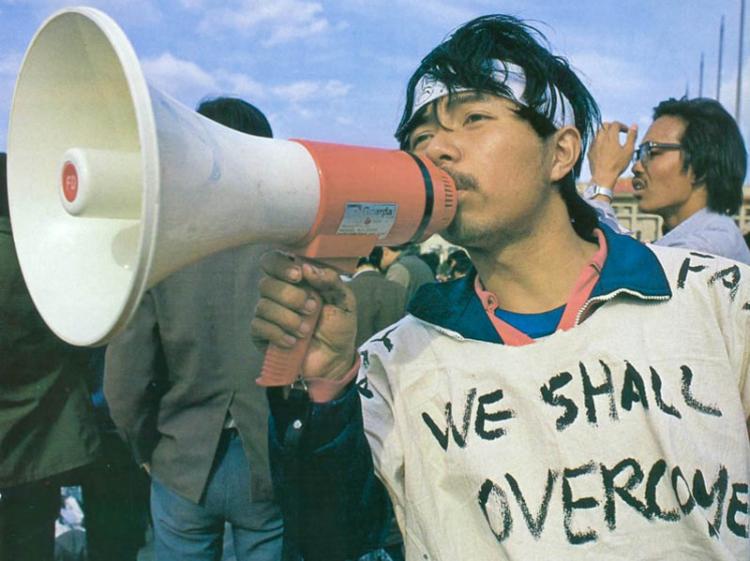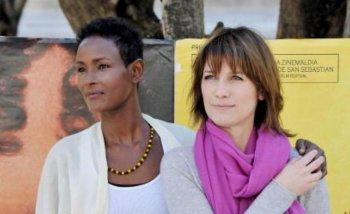Günter Nooke, appointee for Germany’s Federal Government Human Rights and Humanitarian Aid Office at the Foreign Office, gave an interview to The Epoch Times regarding his experience during the 1989 Tiananmen incident and East Germany’s response at that time.
Epoch Times (ET): On June 4, 1989, tanks rolled across Beijing’s Tiananmen Square and ended the student’s protests for a democratic China with a bloodbath. Do you remember when and how you received this information?
Guenter Nooke (GN): The night of Saturday to Sunday June 4, I sat with other opposition [anti-communism] factions in the sacristy of Berlin’s Sophia Church. We were gathered around a small radio, listening to the West Berlin News and heard the first reports of the bloody ending of the students’ protests.
Our next attempt was to make contact with people among our church’s circle of friends in a place called Forst/Lauzitz, a small town close to the Polish border, between Berlin and Dresden. Our aim was to send a protest telegram to the DDR (East German) regime, the wording of which we published in our Samisdat-Blatt called “Departure.” Samisdat [a Russian term] refers to the distribution of written information via hand-copied texts.
ET: What thoughts and feelings did this evoke?
GN: Of course, we were shocked by the brutal actions of the communist leadership in Beijing. But the SED’s reaction- the DDR’s Communist Party, particularly Egon Krenz’s reaction (he later became Party chief) roused fear in us. These people heralded the “Chinese Solution” in glowing terms. This sent us a clear personal message— Sheer fright!!! On the other hand, I sensed that this “solution” would not be a long-lasting one, because even then, my political view had already been that similar responses in middle Europe and in the DDR, given the West German media and our common language, would be impossible, or at least would be of brief duration.
ET: Did the students’ pro-democracy efforts under China’s autocracy have an impact on, or play a role with, the Eastern Europeans’ movement toward democracy?
GN: We felt mentally connected- no matter where in the world human rights and freedom are at stake. This quest for freedom is the basis for all democratic change.
ET: How do you see the Chinese power brokers’ continuing silence and suppression of all things related to this event?
GN: It is completely unacceptable. A permanent reckoning is unavoidable. But it must begin quickly. Thank goodness some inside the power corridors of China’s regime are beginning to voice themselves and make public their differing positions.
That leads us in the West to believe that not everything among China’s elite leadership is as homogenous as it is made to appear. Many discussions are happening.
It is our task to support the Party reformers as well as the human rights advocates, and not take the “official” proclamations too seriously.
But my wish in my position as human rights designee for this 20th anniversary is simple and directed at the rulers in Beijing:
“It is time to free the June 4, 1989 detainees.”
Read original article in German




